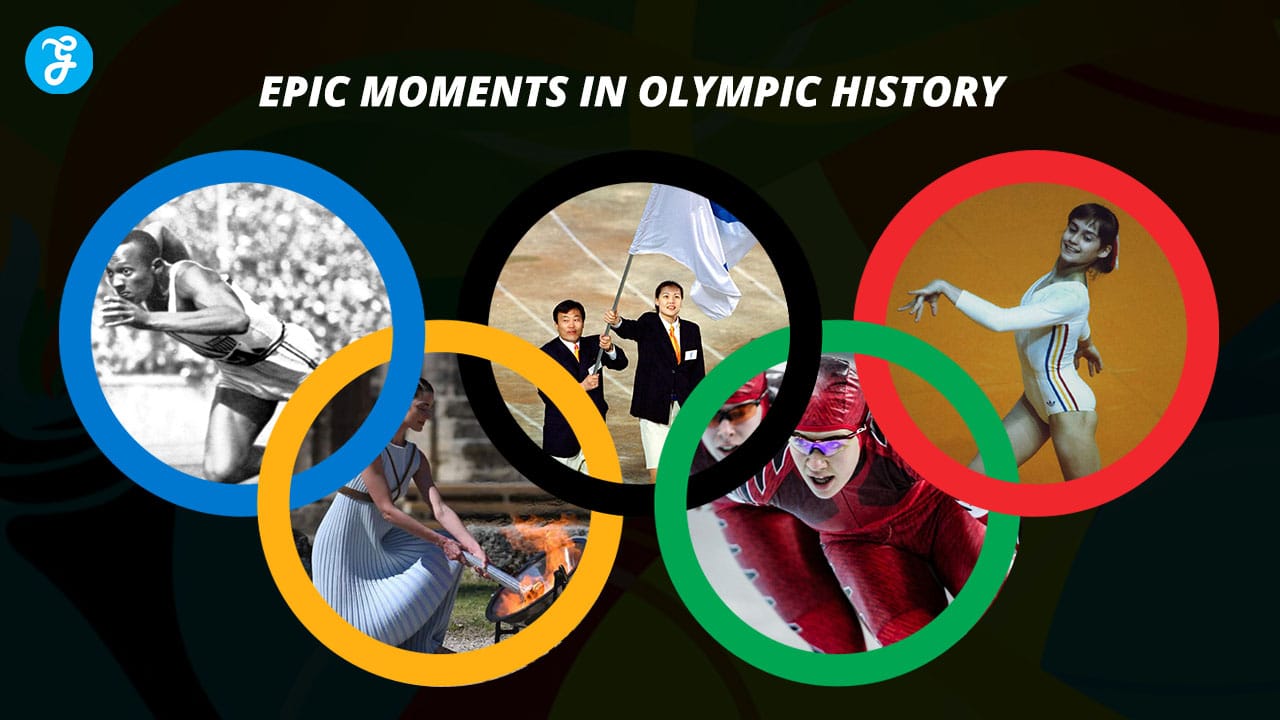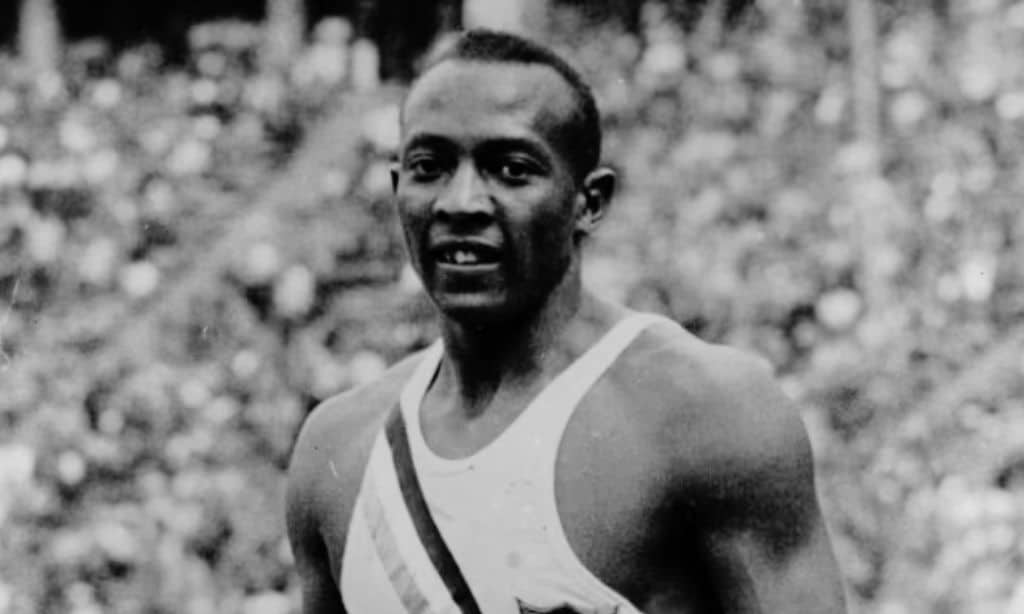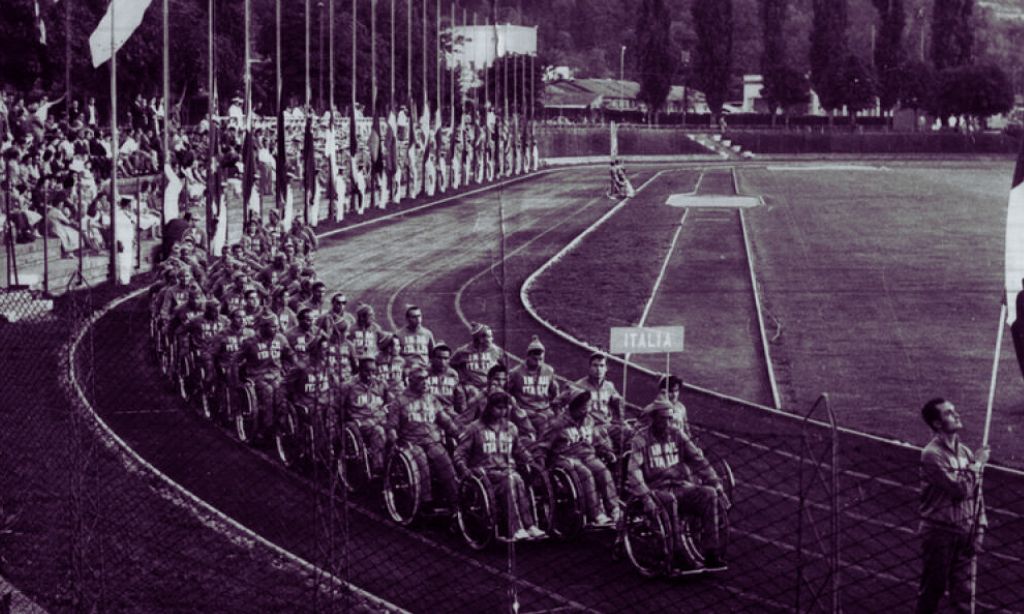As the world gears up for the Paris 2024 Olympic Games, it’s a perfect time to look back at some of the most memorable moments in Olympic history and understand their global significance. These events have shown extraordinary human spirit, challenged oppressive regimes, and united people against all odds. The Olympics have a unique ability to bring the world together, celebrating diversity and the relentless pursuit of excellence. Let’s dive into ten unforgettable Olympic moments that left a lasting impact on both the Games and the world.
1. Jesse Owens Challenges Hitler at the 1936 Berlin Olympics
In 1936, Adolf Hitler aimed to use the Berlin Olympics to showcase Aryan racial supremacy. However, American athlete Jesse Owens had different plans. Owens, an African-American track and field star, won four gold medals in the 100 meters, 200 meters, long jump, and the 4×100 meter relay. His performance shattered Hitler’s propaganda and proved that talent and hard work transcend racial barriers. Owens’ success was also a powerful statement against the racial segregation he faced in the United States. His friendship with German athlete Luz Long, who offered him advice and support, highlighted the true Olympic spirit of camaraderie and mutual respect, standing in stark contrast to Hitler’s divisive ideology.
2. Indian Athletes Refuse to Salute Hitler in 1936
The same year, another remarkable act of defiance occurred at the Berlin Olympics. The Indian hockey team, led by the legendary Dhyan Chand, refused to perform the Nazi salute during the opening ceremony. Their defiance was a bold statement against Hitler’s regime. In the final match, Dhyan Chand played barefoot, scoring three goals despite a serious injury. The Indian team’s victory over Germany, with a final score of 8-1, was a significant moment, symbolizing the triumph of skill and integrity over oppressive regimes. Their win not only showcased their exceptional talent but also delivered a powerful message of resistance and unity.
3. Black Power Salute at the 1968 Mexico Olympics
The 1968 Mexico Olympics took place during a tumultuous time in the United States, amid the Civil Rights Movement. American athletes Tommie Smith and John Carlos used their medal ceremony for the men’s 200 meters to make a bold statement against racial injustice. As the national anthem played, Smith and Carlos stood on the podium, each raising a black-gloved fist in a silent protest. Their gesture, known as the Black Power salute, highlighted the systemic oppression faced by African-Americans. Smith wore a black scarf to represent black pride, while Carlos wore beads to symbolize the victims of lynching. Australian silver medalist Peter Norman supported their cause by wearing a human rights badge. This powerful moment brought international attention to the Civil Rights Movement, but it also led to significant personal consequences for Smith and Carlos, who faced backlash and were expelled from the Games.
4. Jamaica’s Debut at the 1988 Winter Olympics
In 1988, a group of Jamaican athletes captured the world’s attention by competing in the Winter Olympics in Calgary. Despite coming from a tropical country with no snow or ice, they formed Jamaica’s first bobsleigh team. Their journey was filled with challenges, from training in borrowed equipment to crashing during their runs. Although they didn’t win any medals, their perseverance and spirit won the hearts of people worldwide. The story of their determination and camaraderie inspired the popular film “Cool Runnings.” The Jamaican bobsleigh team’s debut is a testament to the Olympic spirit of pushing boundaries and overcoming obstacles.
5. North and South Korea Unite at the 2000 Sydney Olympics
The 2000 Sydney Olympics witnessed a historic moment of unity between North and South Korea. For the first time, athletes from the two nations, technically still at war, marched together under a unified flag. This powerful gesture symbolized hope for reconciliation and peace. The sight of athletes from both countries walking hand-in-hand, led by a North Korean judo coach and a South Korean basketball player, was met with deafening applause. This moment underscored the Olympic ideal of bringing people together, transcending political and historical conflicts.
6. The First Paralympic Games in 1960
The 1960 Rome Olympics were notable for many firsts, including the debut of the Paralympic Games. These Games showcased athletes with disabilities, promoting inclusion and celebrating their remarkable abilities. Held in parallel with the Olympics, the first Paralympic Games featured 400 athletes from 23 countries. This event marked a significant step towards greater visibility and recognition for disabled athletes. The Rome Olympics also saw the introduction of the Olympic Anthem and the first commercial sponsorships, significantly increasing the Games’ global reach and popularity through television broadcasts.
7. Abebe Bikila’s Barefoot Marathon Win in 1960
Ethiopian marathon runner Abebe Bikila made history at the 1960 Rome Olympics by winning the marathon barefoot. Bikila’s shoes had worn out, and his new ones caused blisters, so he decided to run without them. His barefoot run through the streets of Rome, including passing the iconic Arch of Constantine, captivated the world. Bikila crossed the finish line in record time, becoming the first African to win a gold medal in the marathon. His victory was a proud moment for Ethiopia and Africa, highlighting resilience and determination.
8. Nadia Comaneci’s Perfect 10 at the 1976 Montreal Olympics
In 1976, 14-year-old Romanian gymnast Nadia Comaneci achieved the first perfect 10 in Olympic history. Competing at the Montreal Olympics, Comaneci’s flawless performance on the uneven bars stunned the judges and the world. The scoreboards, unable to display a 10.00, showed 1.00 instead, adding to the drama of the moment. Comaneci went on to earn seven perfect 10s and won three gold medals, solidifying her place in gymnastics history. Her achievements not only set new standards for the sport but also inspired young gymnasts worldwide to strive for perfection.
9. The Women’s Olympics at the 2012 London Games
The 2012 London Olympics were a landmark for gender equality in sports. For the first time, all events were open to women, and every participating nation included female athletes. This milestone marked a significant shift, especially since women had been excluded from many Olympic events for decades. Countries like Brunei, Qatar, and Saudi Arabia sent female athletes for the first time, showcasing a move towards greater inclusivity. The London Games celebrated the achievements of women in sports and underscored the importance of gender equality in the Olympic movement.
10. The Refugee Olympic Team at the 2016 Rio Olympics
The 2016 Rio Olympics introduced the world to the Refugee Olympic Team, a group of ten athletes who competed under the Olympic flag. This team was created to bring attention to the global refugee crisis and to send a message of hope and inclusion. The athletes, who hailed from countries like Syria, South Sudan, Ethiopia, and the Democratic Republic of Congo, had overcome tremendous adversity. Despite their struggles, they demonstrated remarkable resilience and determination. The Refugee Olympic Team’s participation highlighted the power of sport to bring attention to critical global issues and to promote peace and unity.
Takeaways
These unforgettable moments remind us of the enduring Olympic spirit and its power to inspire, challenge, and unite people worldwide. The Olympics are more than just a sporting event; they are a celebration of humanity, resilience, and the relentless pursuit of excellence. As we look forward to Paris 2024, we celebrate these achievements and the lasting impact they have had on the world. Each of these moments has left an indelible mark on history, proving that the Olympic Games are a powerful force for good, capable of transcending barriers and bringing people together in the spirit of friendship and competition.




































